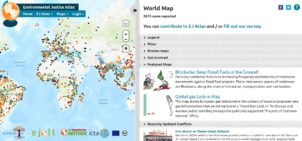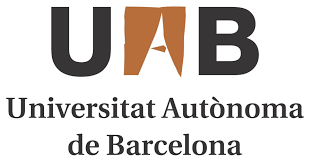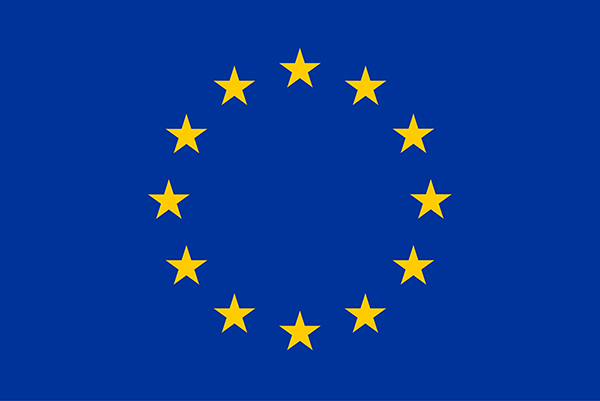
Across the world communities are struggling to defend their land, air, water, forests and their livelihoods from damaging projects and extractive activities with heavy environmental and social impacts: mining, dams, tree plantations, fracking, gas flaring, incinerators, etc.
As resources needed to fuel our economy move through the commodity chain from extraction, processing and disposal, at each stage environmental impacts are externalized onto the most marginalized populations. It is becoming more and more important to document and understand the environmental conflicts (otherwise known as ecological distribution conflicts) that often arise globally.
The EJAtlas (Global Atlas of Environmental Justice) is a collaborative research and dissemination project between activist groups and scientists. It documents and catalogues these conflicts on an online interactive platform. Check this tutorial for more details.
The Atlas is directed at the Institute of Environmental Science and Technology (ICTA) at the Universitat Autonoma de Barcelona. It is supported by the ENVJUST project (ERC Advanced Grant 2016-2021), and the ACKnowl-EJ (Academic-Activist Co-Production of Knowledge for Environmental Justice, 2015-2018) funded by the Transformations to Sustainability Programme. Our research group at ICTA right now counts on 10 doctoral students and postdoc researchers (http://www.envjustice.org).
Learn more about Ejatlas here: http://ejatlas.org/about
Temper, L., Del Bene, D., & Martinez-Alier, J. (2015). Mapping the frontiers and front lines of global environmental justice: the EJAtlas. Journal of Political Ecology, 22(1), 255-278.
WHAT WE OFFER
We are happy to accept a limited number of internships from students and researchers to increase the coverage of the EJAtlas.
At least 1 internship is reserved for someone interested to work on conflicts over waste management (with a preference for those involving waste-pickers)
Every participant will be assigned an internal mentor and research coordinator, according to the topic and geographical area of research, who will assist and guide the research. The specific time frame of the research internship is decided between the participant and the research mentor dependent upon their mutual schedules (preferably between October and June).
Interns can use facilities at ICTA (desk and computers) in a shared room for visiting students, participate in reading groups and research in progress seminars on Environmental Justice issues, attend the ICTA seminars (check the calendar here for upcoming ones as examples: http://ictaweb.uab.cat/).
REQUIREMENTS
Specifically (but not exclusively), we are looking for collaborators willing to work on topics and regions of the world which are still underrepresented. These include:
Geographical focus (prior knowledge of language or context is advantageous)
- Russia (including the Arctic, Siberian region)
- Central Asian countries
- Afghanistan
- Iran
- Pakistan
- North America (USA and Canada)
- Brazil
- China
- Southeast Asia (especially Philippines, Thailand, Indonesia, Myanmar)
- Sub-Saharan Africa
Thematic focus
- Conflictive renewable energy projects
- Conflicts over oil palm plantations
- Conflicts involving violence and death of community defenders
- Conflicts over waste management (with a preference for those involving waste-pickers)
- Conflicts over Coal
- Agrarian and biomass conflicts
- Conflicts over textile industries (pollution, health issues, etc)
- Conflicts around Geoengineering projects
- Ocean Grabbing (fisheries, deep-sea mining, aquaculture, etc)
- Nuclear conflicts (uranium mining, nuclear plants, radioactive waste disposal, etc)
- Urban socio-environmental conflicts (greening of cities, infrastructures, etc)
If you are interested, please write us back at email hidden; JavaScript is required and send us the following:
- A tentative list of three cases of conflicts you would like to begin to research on and include into the database
- A writing sample for one of the three cases you chose (around 500 words). Please check this entry as an example (what is the issue, historical/political context, who are the actors, how the opposition and resistance developed, why resistance is there, what is the situation now). http://ejatlas.org/conflict/kandadji-dam-on-the-niger-river
- A motivation letter, highlighting your interest in the topic and your past experience in research, engagement in activist groups
- Your CV
We will get back to you as soon as we examine your application. Please note that we will be able to only reply to complete applications. We thank you for your understanding.
May you have any further query, please contact us at email hidden; JavaScript is required





Are these internships restricted to ICTA students or are they open to any student regardless of their country of residence?